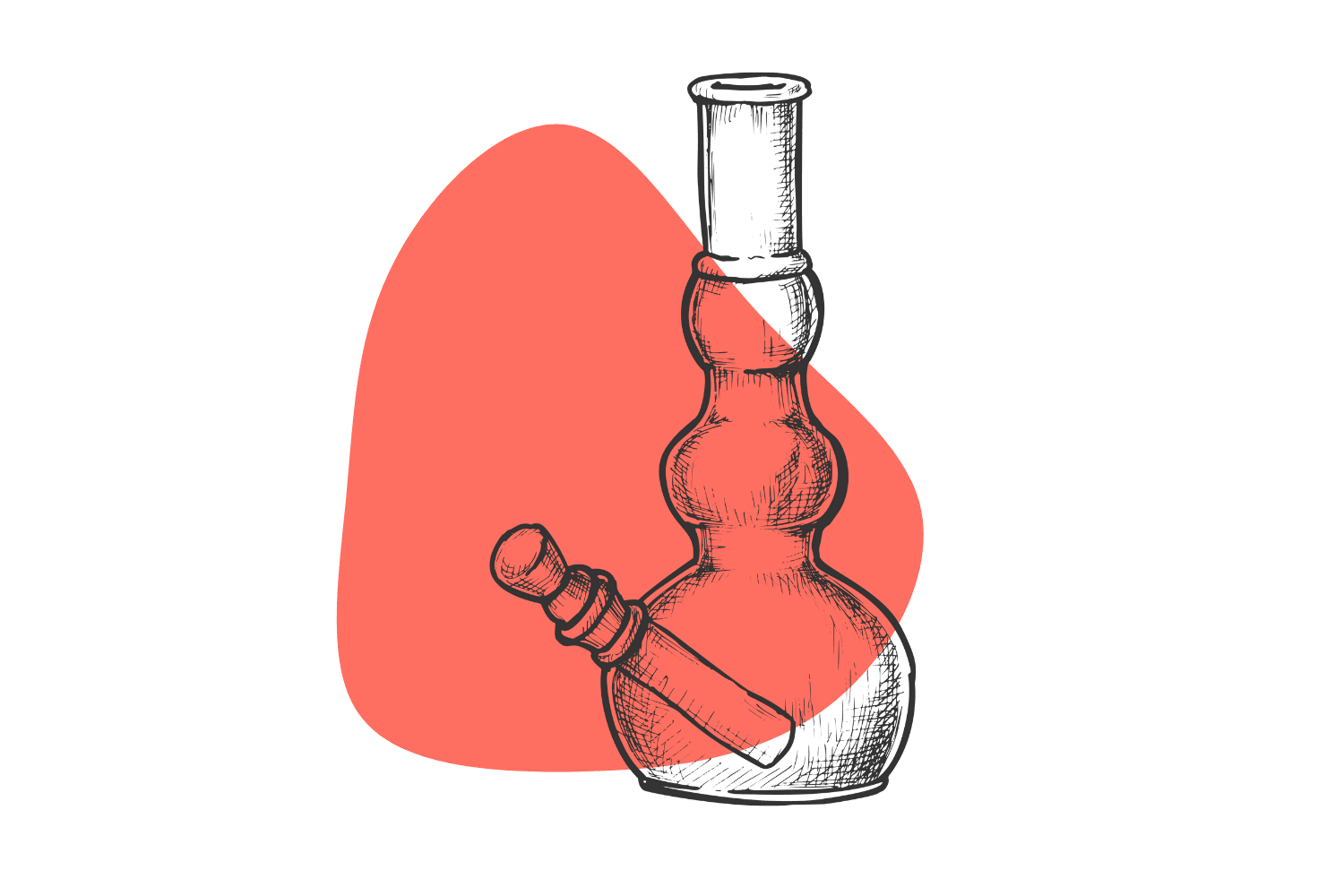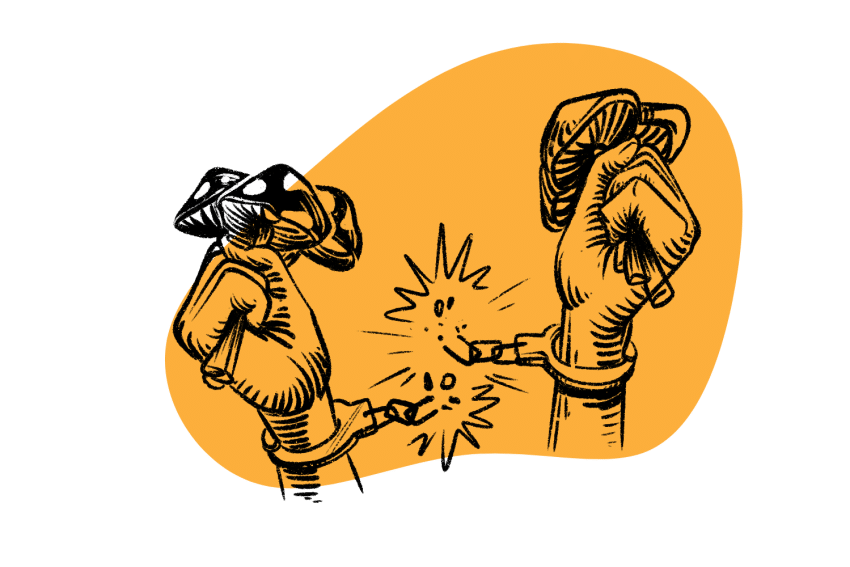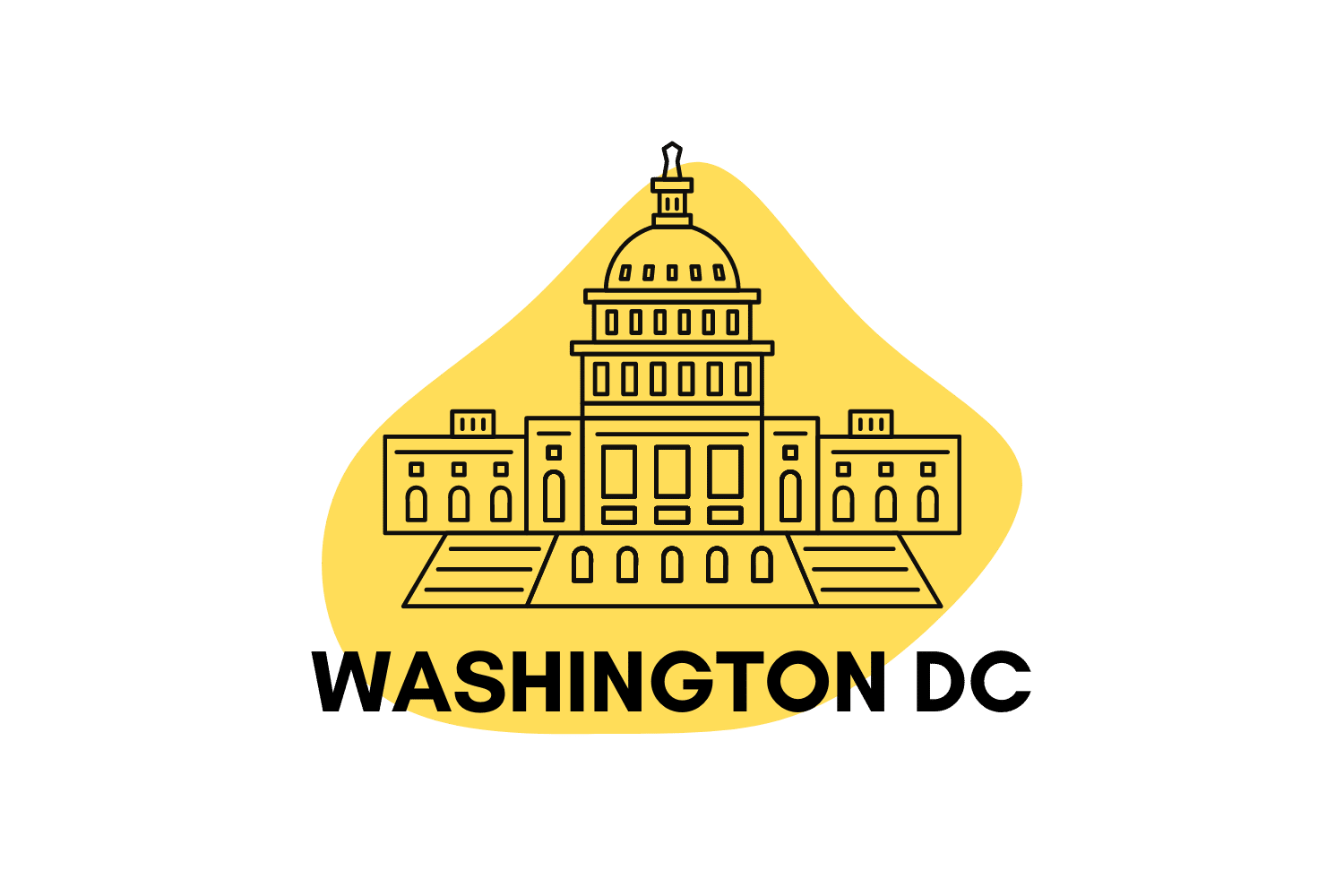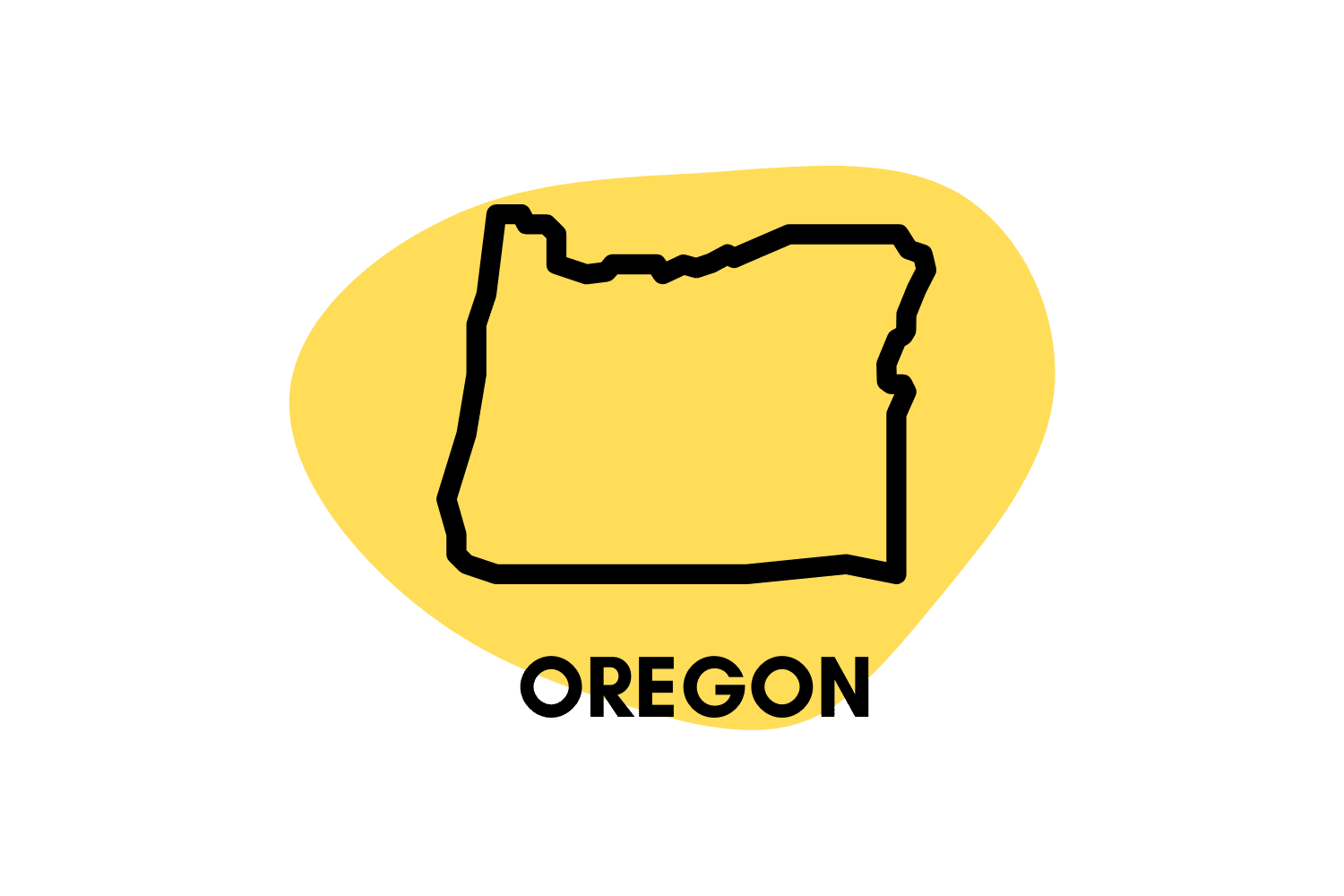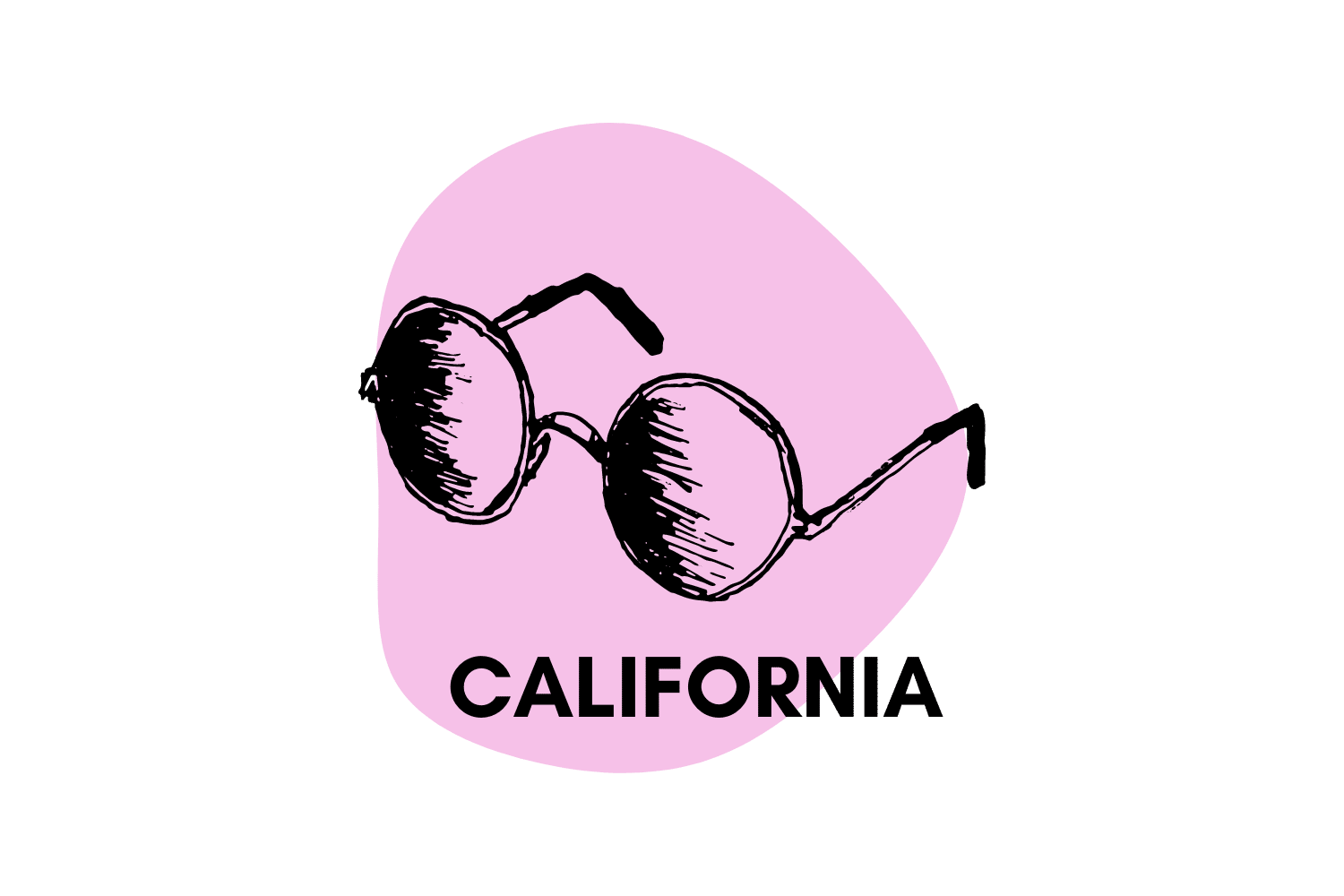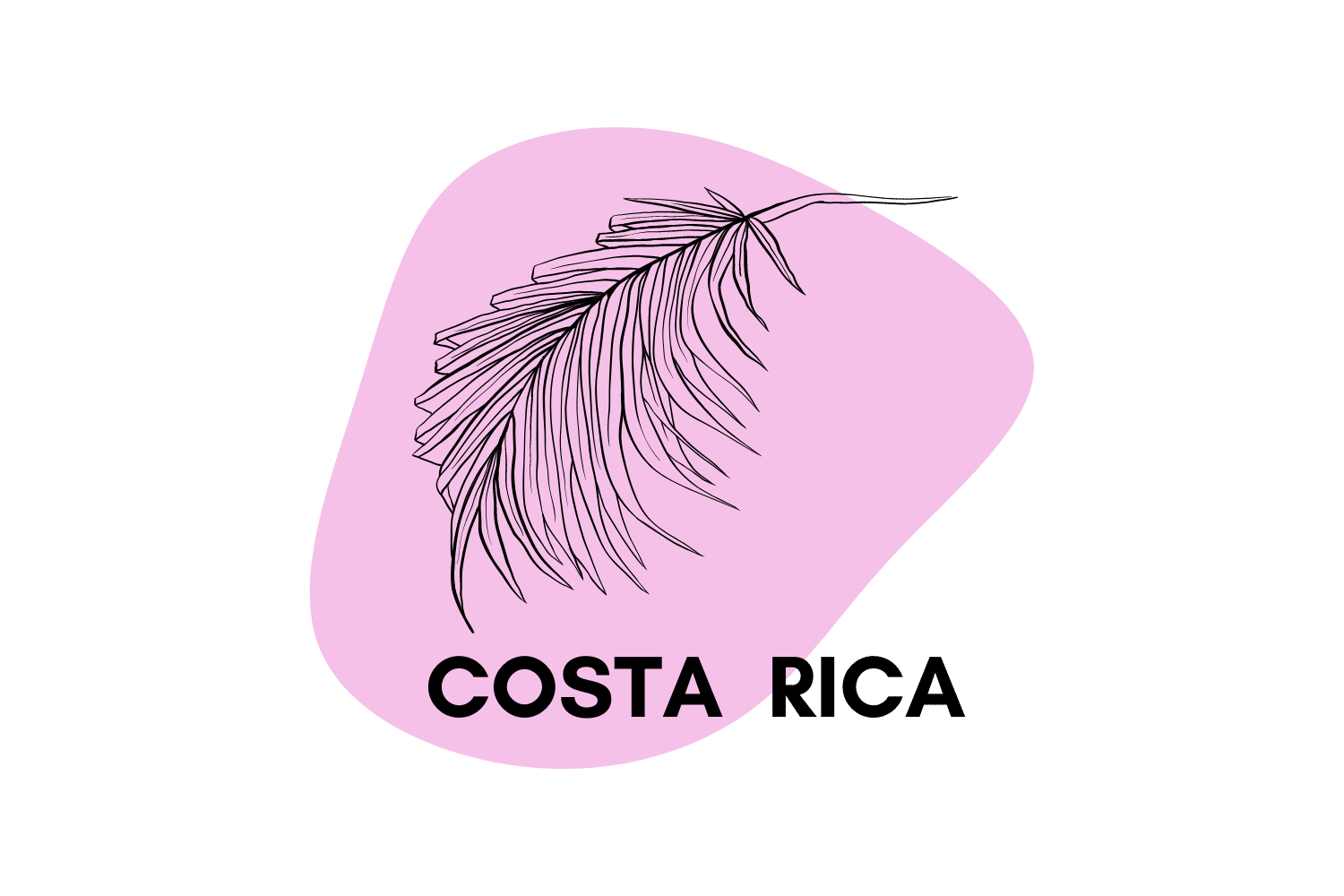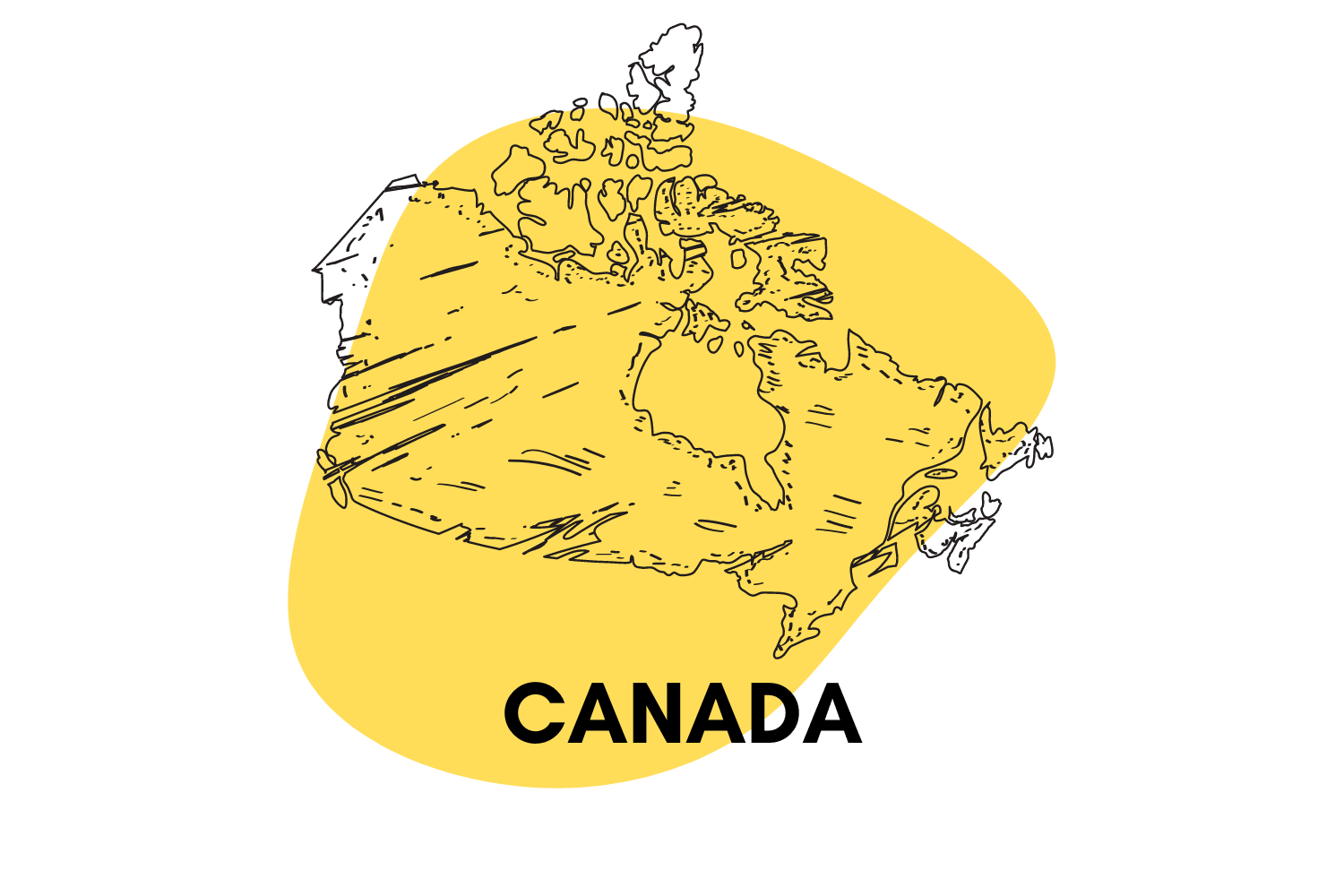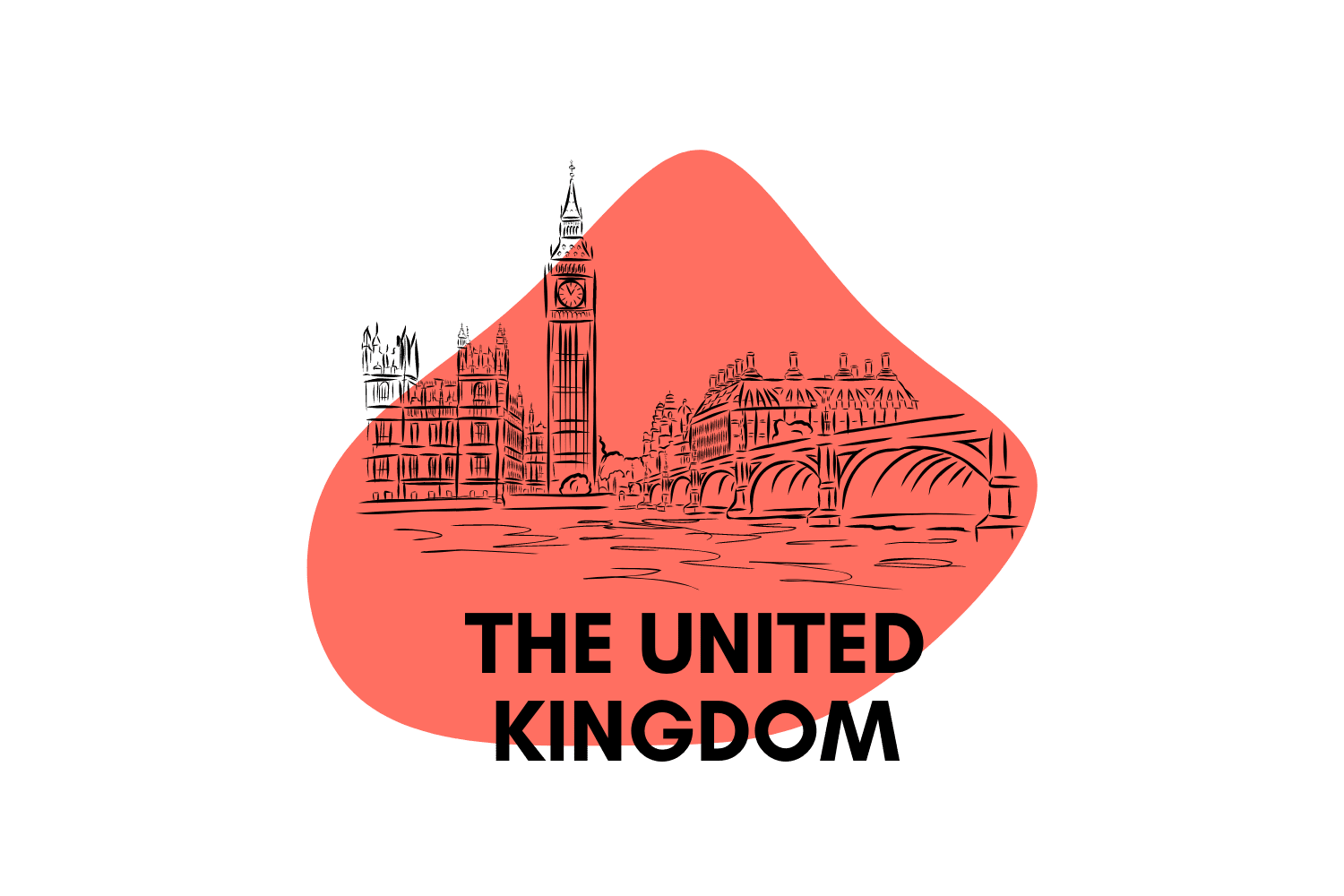Are Psychedelics Legal in Russia?
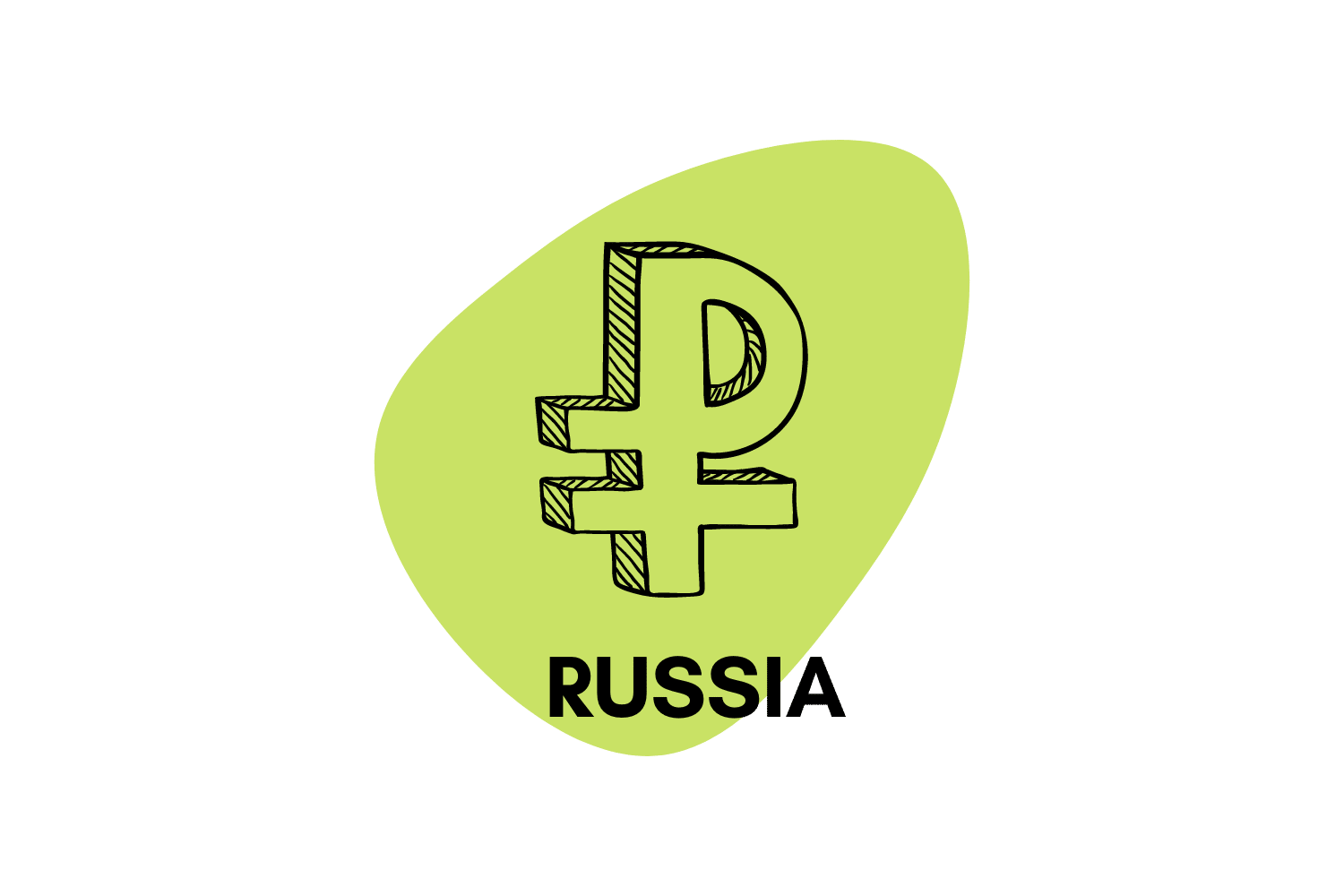
Russia’s laws are very tough to navigate, and you’ll have trouble understanding them deeply if you don’t speak Russian.
The country has a stunningly strict anti-drug policy, and authorities would rather arrest drug addicts than support rehabilitation campaigns. Many substances are currently banned in Russia, and the enforcement of said bans is quite harsh and rigid compared to most other countries.
We’ve collected valuable data on the most popular psychedelics and some key concepts to keep in mind.
The bottom line is that psychedelics are strictly illegal here, and getting caught with just a small amount can result in significant jail sentences.
Summary of Psychedelic Drug Laws in Russia
- Russia has incredibly intolerant drug policies in place
- Their current stance is highly unlikely to change anytime soon
- Health services are punitive rather than supportive towards drug-dependant citizens
- The Russian Government actively promotes social intolerance and societal ill-treatment towards drug users
- Marijuana is illegal here for both recreational and medicinal purposes
Are Magic Mushrooms Legal in Russia?
No, magic mushrooms are entirely illegal throughout all of Russia.
It is illegal to grow, sell, cultivate, use or possess any species of magic mushrooms in Russia. Furthermore, psilocybin is prohibited in any form in the country, even though many nations have chosen to legalize or decriminalize the substance fully already.
Getting caught with psychedelic mushrooms may cost you between three to ten years in prison. Additionally, you might be fined depending on the number of magic shrooms you were found with.
However, the judge will ultimately define the exact amount of time and monetary consequence at the moment of trial. There are no exceptions to this rule, and you will be trialed as a criminal as long as you are 16 years old or older.
Even though many organizations, such as Johns Hopkins Medicine, advocate for psilocybin as a substance with clear medicinal value, Russia is far from allowing its use.
Where to Buy Magic Mushroom Spores in Russia
Russia is infamously tough on any drugs or psychotropic substances, making magic mushroom spores impossible to obtain in the country legally.
In addition, cultivating magic mushrooms is highly illegal, landing you from two to three years in federal prison as punishment. Although you may find some grow kits online, we recommend you don’t even attempt to buy any, as you can get into a lot of trouble.
Do Magic Mushrooms Grow Wild in Russia?
Yes, there are native species of magic mushrooms present in Russia. This is how most Russians gain access to magic mushrooms.
Psilocybin-containing mushrooms are present worldwide, including in Russia. They are, however, less prevalent in the colder regions of the country.
You’re most likely to find magic mushrooms in temperate forests with plenty of leaf cover, farmlands, and local gardens fertilized with mulch or manure.
Here are some of the most commonly found magic mushroom species in the country:
- Psilocybe semilanceata
- Psilocybe medullosa
- Psilocybe cyanescens
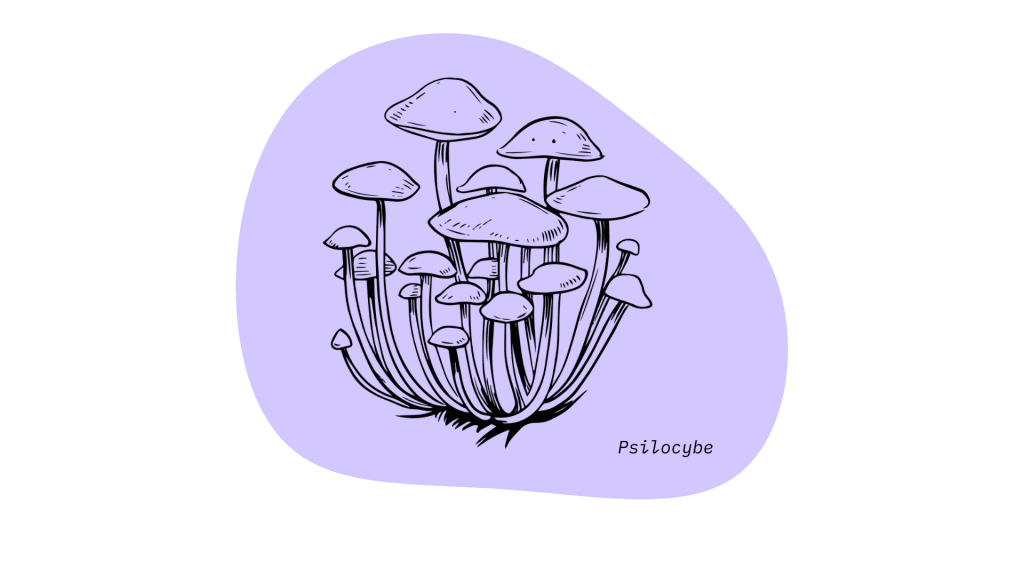
Is LSD Legal in Russia?
LSD (lysergic acid diethylamide) is utterly illegal in Russia, and its use, possession, distribution, or production is harshly penalized.
According to the Criminal Code of The Russian Federation, LSD-related activities are considered a crime against human health and the public morality of the Russian people. A punishment of ten years in prison could potentially be applied, depending on the quantity you were caught with.
Article 228 of the Criminal Code also states that you may be fined an amount of up to 200 thousand roubles along with jail time.
Is DMT Legal in Russia?
No, DMT remains entirely illegal in Russia.
The Russian Federation classifies DMT as a Schedule 1 narcotic, including derivatives of the substance.
There are no specific mentions of the legal status of ayahuasca, changa, or psychedelic toads such as Bufo alvarius. Still, given the Russian drug laws’ severity towards psychotropic substances, these are all probably highly illegal, so caution is advised.
Penalties are the same as LSD, with up to ten years in prison and a fine that depends on what kind of activities you were caught doing while in possession of the drug.
Is MDMA Legal in Russia?
No, MDMA is illegal throughout all of Russia.
MDMA, also known as ecstasy, falls under Article 228 and beyond of the Russian Federation’s Criminal Code.
Getting caught with the substance could make you spend up to a decade in federal prison, and with a potentially hefty fine to boot.
Even though some countries are moving to legalize the medicinal use of MDMA in therapy, Russia’s draconian laws prevent its legalization. Unfortunately, there’s no evidence that any of this will change soon.
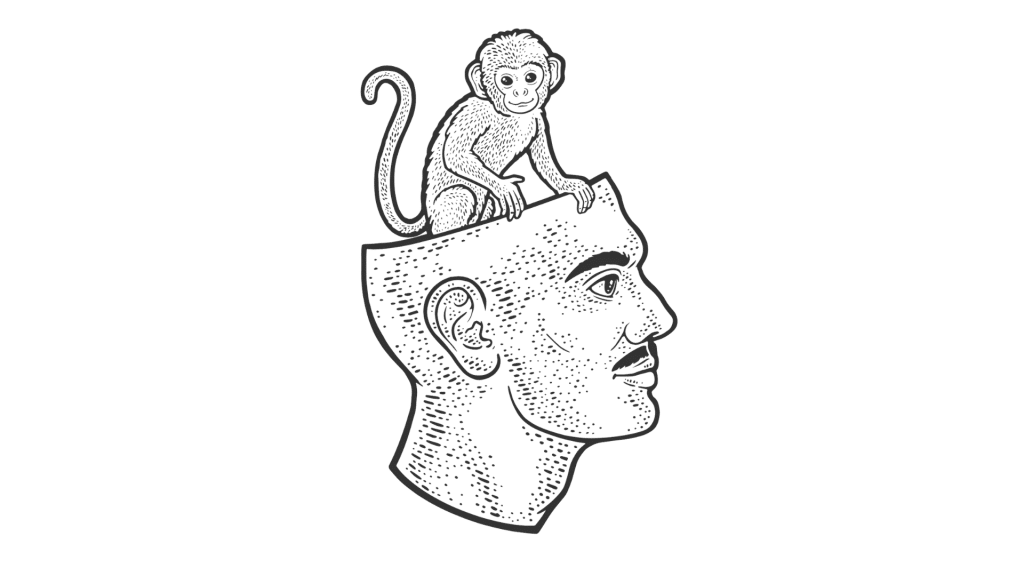
Is Ketamine Legal in Russia?
No, ketamine is illegal in Russia, though with an exception.
Before 2003, ketamine was legal in Russia and one of the most marketable drugs. But in July of 2003, the creation of the Federal Service for Drug Control (FSDC) brought forward a ban on ketamine for veterinary use.
More than a decade later, the FSDC was disbanded, and ketamine usage was legally allowed as an anesthetic for veterinary purposes once again.
However, as of today, the substance remains illegal for personal use and very strictly controlled for veterinarians. As a result, only six veterinary clinics in the entire country have acquired the necessary licenses to use it legally.
Is Marijuana Legal in Russia?
No, marijuana is illegal in Russia.
Marijuana in Russia is illegal for both recreational and medicinal purposes. Plus, by-products made from it are also prohibited and penalized by the Russian Federation’s Criminal Code.
Possessing over 6 grams of marijuana can net you up to 3 years in federal prison, while having smaller amounts will only earn you a fine.
Interestingly enough, about a third of drug-related convictions in Russia are connected to natural cannabinoids and isomers such as delta 8 THC, delta 9 THC, and delta 10 THC.
In 2018, a telephone survey of around 1500 people found that 89% of Russians are against the legalization of soft drugs like cannabis, and only 8% are in favor. Suffice it to say, the public outlook on drug usage is pretty negative.
Rallies for cannabis legalization have been the subject of police repression, including a 2004 march in Moscow, in which the police detained 65 participants.
All in all, it’s doubtful this stance will change soon, as smoking cannabis is seen as a schizophrenia-inducing substance in the country, and many of its leaders and citizens disapprove of it.
What’s The Difference Between Legalization & Decriminalization?
Nowadays, it’s prevalent to hear about authorities decriminalizing or legalizing certain drugs. Regardless, most people don’t know the difference between these key concepts.
When a state or a country legalizes a substance, it automatically abolishes all related penalties. Plus, it becomes legal to buy and sell it under specific criteria, making the black market obsolete.
However, this is a drastic move for most authorities, so only a handful of governments have opted for legalization so far. On the contrary, decriminalization is way more common, as it also abolishes penalties but doesn’t allow selling or buying the substance.
Although it may not sound like much, decriminalization is a critical intermediate step before legalization. Additionally, it brings some benefits of its own, such as reduced drug-related violence.
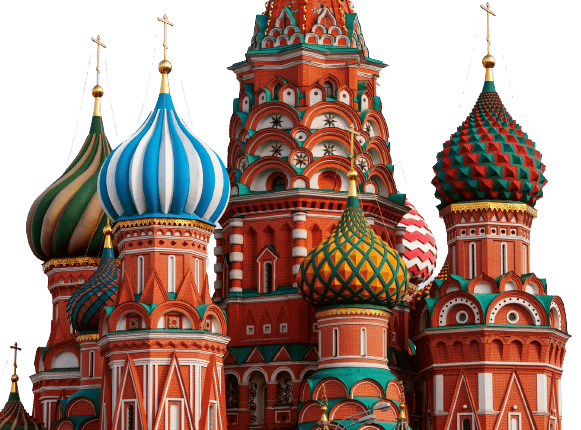
Key Takeaways: What’s The Future of Psychedelics in Russia?
Russian laws regarding psychedelic substances are amongst the harshest in the world. The country holds the highest number of people per capita imprisoned for drug crimes in all of Europe. Most of them were convicted under Article 228 of the Russian Criminal Code.
However, there is a definite generational shift in attitudes towards the use of psychedelics: young people started to realize the absurdity of current legislation and its implementation. What’s more, demonstrators are calling out how apathetic the Russian Government is.
A change could be on the horizon as the awareness of the drugs’ medicinal benefits globally increase. Nevertheless, this change may take a long while, as Russia has been historically tough to crack.

